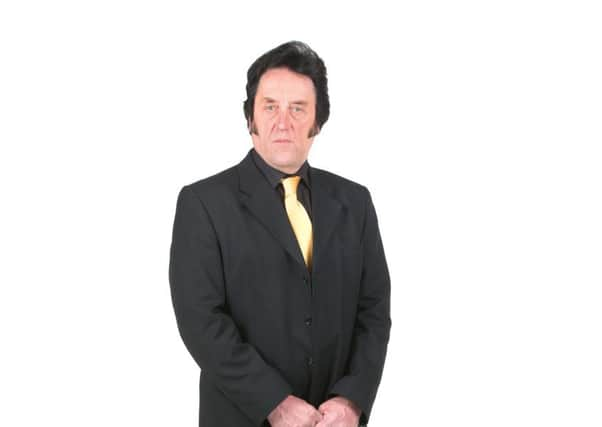Prostate cancer treatment developed in Leeds is hailed in new study


LDR brachytherapy provides patients with a form of internal radiotherapy as radioactive seeds are implanted into the prostate gland in a procedure lasting less than an hour.
Patients only need to recover for a matter of days and experience fewer side effects than through surgery.
Advertisement
Hide AdAdvertisement
Hide AdNow, an international study by Prostate Cancer Treatment Research Centre (PCRSG) has concluded that LDR brachytherapy is the most effective treatment for long-term survival.
David Bottomley, consultant radiation oncologist from Leeds Teaching Hospitals NHS Trust, said: “I have been performing LDR brachytherapy for the last 20 years and it is an effective, minimally invasive targeted treatment for prostate cancer. LDR brachytherapy treatment has significant quality of life benefits over alternative treatments such as surgery and external radiotherapy.
“I would recommend that all patients investigate the range of treatments available to them – there are likely to be good options other than surgery.”
The study included a review of medical research papers covering 52,000 prostate cancer patients around the globe, looking at various treatments including surgery and traditional radiotherapy.
Advertisement
Hide AdAdvertisement
Hide AdLDR brachytherapy was shown to be the most effective from all six for men with low or intermediate risk, and it is also one of the least expensive options.
The treatment was developed in Leeds and the city’s hospitals trust has treated more patients using this technique than any other centre in the UK.
One patient found he recovered so well that he was back at work – on stage performing as Elvis – within 48 hours.
Alan Moore, from Derbyshire, was diagnosed with prostate cancer in late 2014.
Advertisement
Hide AdAdvertisement
Hide AdA consultant at his local hospital suggested brachytherapy and after an initial appointment in Leeds, he returned to have his treatment in June 2015.
The procedure took less than three hours and after recovering and having pain relief, he was discharged the same day.
“It was tender but far from painful, went to work next day as normal and was singing on stage that Saturday night with no problem,” the 58-year-old said.
“The treatment gave me virtually no pain and very little life disruption and at the end of the day the cancer is gone.
Advertisement
Hide AdAdvertisement
Hide Ad“I am over the moon with the result, and for everyone concerned in this marvellous treatment. “
Case study
David Laskow-Pooley was instrumental in developing LDR brachytherapy, yet it still came as a shock to be diagnosed with prostate cancer in 2010.
David, from Kent, underwent the treatment in Leeds and the following year he took up triathlons, completing an Olympic distance event in 2012, one of four that year. In 2015 he was part of the GB team in his age group in Chicago and has just competed in the European Championships. He said: “LDR Brachytherapy worked so very well for me on many levels.”